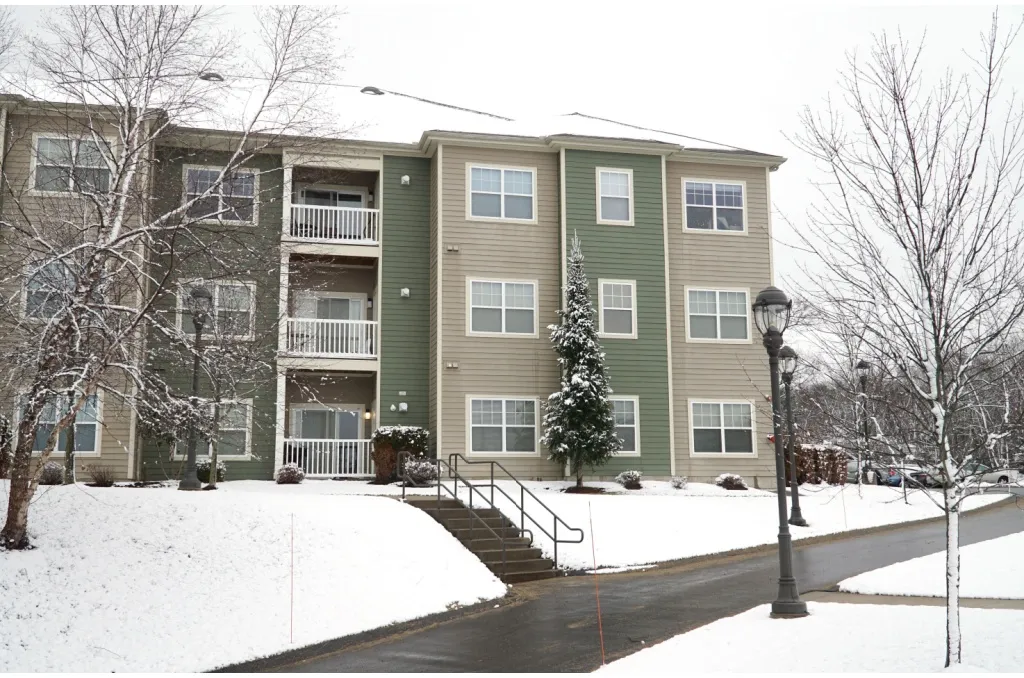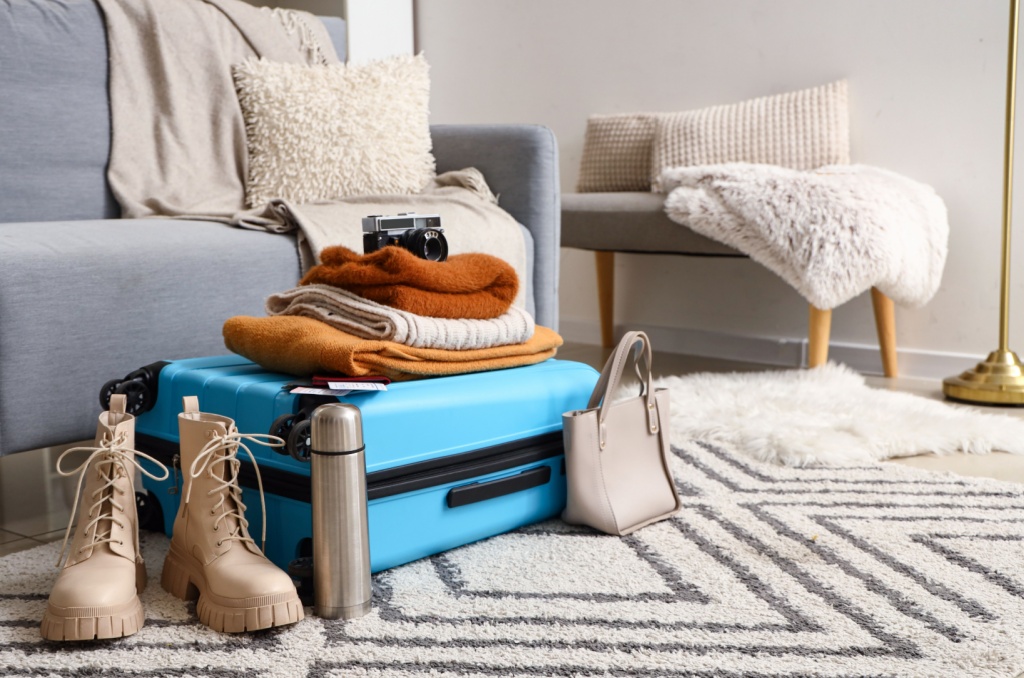While Thanksgiving Day brings family, food, and cherished memories, it also brings safety risks worth considering in any apartment.
If you're renting, protecting your space during Thanksgiving is all about safeguarding your belongings, your security deposit, and your guests. A small kitchen fire or electrical mishap can quickly become expensive and dangerous.
In this guide, we’ll walk through practical Thanksgiving safety tips to help you avoid kitchen mishaps, prevent fires, and make sure your celebration stays on the right track.
Keep your kitchen under control
The kitchen causes most Thanksgiving accidents. The National Fire Protection Association reports that Thanksgiving generates more home cooking fires than any other day.
Here's how to stay safe while preparing your feast:
- Never leave food unattended. If you have to step away, turn off burners and move hot pans off the heat.
- Keep flammable items away from the stove. Store dish towels, paper products, oven mitts, and packaging at least three feet from the stove.
- Handle grease carefully. Grease fires spread rapidly. If one starts, turn off the heat immediately and cover the pan with a lid. Never use water on grease fires — it will cause dangerous splattering.
- Keep a fire extinguisher within reach. Learn the PASS method before you need it: pull the pin, aim at the base of the fire, squeeze the handle, and sweep side to side.
- Use timers. Between side dishes and desserts, it’s easy to forget what’s in the oven. Timers prevent overcooking and potential fires.
- Consider alternatives to deep-frying. If you must deep-fry a turkey, do it outdoors on level ground, far from buildings and overhangs. And absolutely don’t overfill the pot with oil.
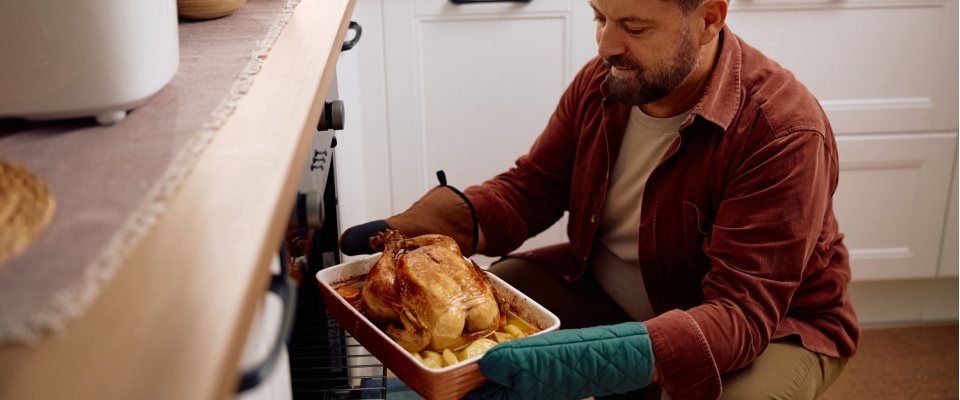
Prioritize food safety
Thanksgiving leftovers are wonderful, but foodborne illness is not. Keep in mind the following tips to keep everyone healthy:
- Thaw your turkey safely. Do it in the refrigerator, not on the counter. Allow approximately 24 hours of thaw time for every 4 to 5 pounds.
- Use a food thermometer. Turkey should reach an internal temperature of 165°F in the thickest part.
- Refrigerate leftovers quickly. Store food within two hours of serving to prevent bacterial growth.
- Keep raw and cooked foods separate. Avoid cross-contamination by using different cutting boards and utensils.
Handle decorations and appliances safely
A cozy Thanksgiving Day often includes candles, string lights, or scented warmers. It also means your kitchen appliances and devices are all working overtime.
Here’s what to do to keep things running smoothly:
- Use flameless candles. Battery-powered ones look great without fire danger.
- Keep decorations away from open flames. Dried leaves, napkins, and paper place cards can ignite quickly.
- Unplug what you’re not using. Even small electric decorations can overheat or spark when left unattended.
- Plug major appliances directly into wall outlets. Slow cookers, air fryers, and other high-power devices shouldn't share extension cords or power strips.
- Check cords for damage. Replace cracked plugs or frayed wires before you plug anything in.
- Use ground fault circuit interrupter (GFCI) outlets near water. These special outlets (often found in bathrooms and kitchens) shut off power if they detect electrical issues, preventing shock.
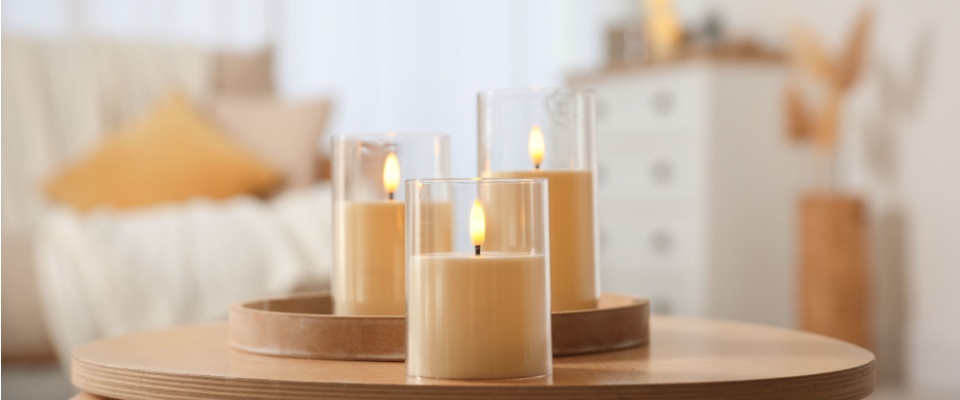
Protect your guests and pets
Hosting friends or family in a rental space means working with limited space and lots of activity in small areas. These simple Thanksgiving safety tips help everyone enjoy the day without accidents:
- Clear walkways. Remove bags, shoes, and electrical cords from traffic areas to prevent falls.
- Set up a safe space for pets. Many Thanksgiving foods are dangerous for animals. Turkey bones can splinter, while onions, garlic, and chocolate are toxic. Set up a quiet room with pet-safe treats away from the celebration.
- Use the back burners. If kids are around, cook on the back burners and turn pot handles inward to prevent spills.
- Plan for guest comfort and safety. In smaller spaces, designate specific areas for coats and bags to prevent overcrowding in key areas like the kitchen.
Know what your renters insurance covers
It’s impossible to prevent every accident, no matter how well you plan things out. Kitchen fires, smoke damage, or guest injuries can result in significant expenses. Renters insurance can provide you with financial support in case something unexpected happens.
Review your policy before the holidays so you understand what's covered and what isn't. If you’re wondering about specific scenarios, don’t hesitate to contact your insurance agent.
Plan for emergencies
Preparation prevents panic during emergencies. Here are some ways you can plan for these issues:
- Test smoke and carbon monoxide detectors. Replace batteries if needed. If detectors aren't working, contact your landlord immediately.
- Know your building's fire escape routes. Review exit paths and make sure guests know where they are.
- Keep emergency numbers accessible. Post local emergency numbers, your landlord's contact information, and poison control where everyone can see them.
- Locate your fire extinguisher and first aid kit. Make sure guests know where these are stored.
If an emergency occurs, prioritize safety over property. Get everyone out first, call 911, then notify your landlord or property manager.
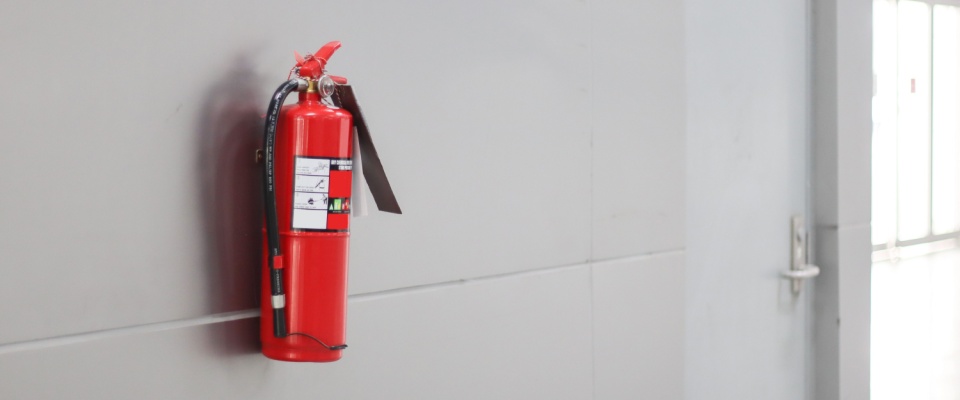
These Thanksgiving safety tips require just a few extra minutes of preparation but provide peace of mind throughout the celebration.
By staying alert in the kitchen, handling food safely, managing electrical loads carefully, and preparing for emergencies, you can host a memorable Thanksgiving that your guests will remember for all the right reasons.
Key takeaways:
- Always stay in the kitchen when cooking and keep flammable items away from heat sources.
- Use flameless candles and check electrical cords to avoid fire hazards.
- Make sure smoke alarms work and know your emergency plan before guests arrive.
- Review your renters insurance coverage for fire and liability protection.


